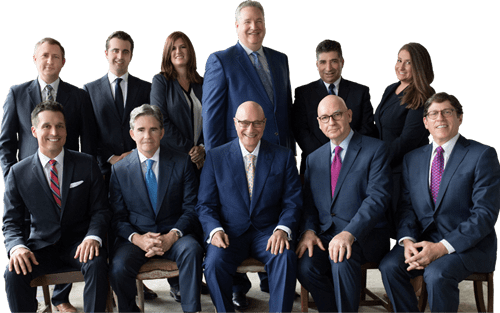Imagine you are out shopping. You slip, trip and fall, suffering severe injuries. Someone else might initially blame you for being clumsy or another person for knocking into you.
However, it could be the property owner who is liable for your accident if they were negligent.
What makes a property owner negligent?
Generally, a property owner can be liable for damages that someone suffers in an accident on their premises if they intentionally caused a hazardous situation or allowed one to persist. It might be a wet floor, a staircase without a handrail or obstructed walkways.
If the property owner was aware of an unsafe situation (or if it would be reasonable to expect that they should have been aware of one) and did not take steps to address it in a timely fashion, they may be negligent. Under these circumstances, they can also be liable for damages that someone suffers when they get hurt because of that negligence.
Possible defenses to expect
After these types of accidents, negligent property owners often attempt to defend themselves in one of the following ways:
- Blaming you for the accident
- Disputing whether a dangerous condition existed
- Accusing you of trespassing
- Claiming they did take appropriate action to address a hazard
- Attempting to cover up the cause of the accident
To counter these claims, parties will need evidence. Thus, it can be crucial to:
- Take pictures of the scene, noting any missing signage
- Talk to witnesses
- Report the accident right away to the owner or manager
- Seek medical attention for injuries
With information about the scene, what happened and the extent of your injuries, it can be easier to make a claim for financial remedies. A legal claim can be crucial, as slip-and-fall injuries can be serious and disrupt your life. You might have to miss work or undergo surgery, and you could experience considerable emotional distress because of your injuries.
With this in mind, we encourage New Yorkers not to brush off slipping, tripping or falling accidents or assume there is no one to hold responsible.











